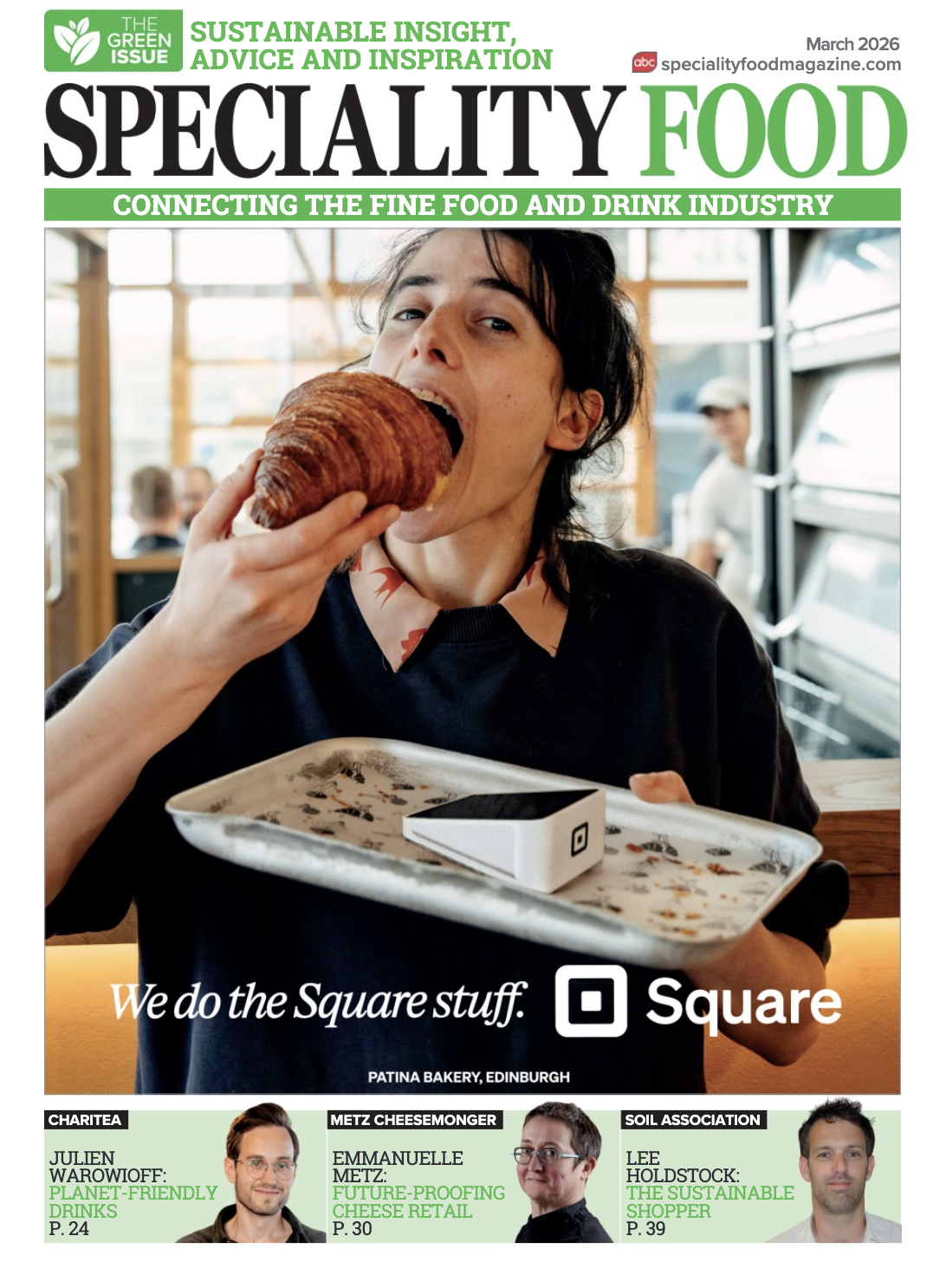Self-sacrifice: The importance of building a leadership legacy centred on others

- Becoming a B Corp
- Top trend predictions for Christmas 2021
- Undercover Boss
- Can/should bosses really be close friends with their staff?
- Generosity
There have been many amazing stories of self-sacrifice to come out of the tragedy of 9/11, but none more inspiring than that of Richard Rescorla, a British-American Vietnam War vet.
On 11th September 2001, he was working as a security director for Morgan Stanley. Hearing of the first plane strike on the North Tower at the World Trade Centre, he calmly instructed some 2,700 employees of Morgan Stanley to evacuate the South Tower – despite an earlier announcement that ordered them to stay at their desks. He ensured everyone for whom he was responsible had left the building before he started to make his own way out. He was still inside the building when it collapsed. Rescorla was declared dead three weeks later, but his body has never been found.
This story is one of numerous amazing tales of self-sacrificial behaviour in adverse circumstances, many of which involve a person laying down their life in the act of the ultimate self-sacrifice. Now, this is something only few of us may ever have to do, yet I’m sure I’m not alone in wondering how I would react in a situation where I had to choose between saving my own life or those of others. Perhaps a slightly morbid daydream, but I believe those individuals who live their lives in a self-sacrificial way would be the first to lay their lives down if it ever came to the big sacrifices. And I hope I would be one of them.
With respect to the day-to-day type of self-sacrifice that we are often called to perform as leaders, most of us didn’t have any lectures on this as part of our management training! The Western dream is to live our lives in a moral way, gradually increasing our income, our house size and the value of our car, providing for our families and seeing our children gain a good university education. Nothing wrong with any of that, you may say. However, the myth that many of us have been brought up to believe is that sacrificing our own material dreams is painful in some deeply upsetting way and reduces our happiness – when actually the very opposite is true. Sacrificing our own gains for others is what leads to greater fulfilment and profound happiness; yet many of us are denied that privilege by the impulse to cling on to what is ours, often through fear, rather than letting it go. In other words, we haven’t discovered the great sense of fulfilment that self-sacrifice can bring.
I have talked elsewhere of the ancient wisdom of ikigai, a philosophy of life originating in the Japanese island of Okinawa, which has the greatest percentage of centenarians in the world. They believe that people are at their happiest when simultaneously engaging in four core activities:
• doing something they love
• doing something they are good at
• doing something that pays them
• doing something that the world needs
Whenever I describe ikigai, it resonates with people – particularly those in the corporate world, who realise that some of their own dissatisfaction comes from only doing two or three out of the four activities; and it is often the ‘doing something that the world needs’ that is left out. A few people have even told me that they left their job after learning more about ikigai and are now happier as a result, as they are now doing something that gives out to the world, having sacrificed something to achieve this. Self-sacrifice does indeed bring joy; often it is simply from having the courage to let go of our own insecurities, whether they be financial or otherwise.
There are those who say there is no such thing as altruism or self-sacrifice, and that we have evolved as a species so that anything we do for the good of the wider community is simply in order to earn ‘brownie points’ for the future, when we might need something from the community in return. While there is some truth in this having been a natural way to strengthen bonds in early human settlements, I would argue that the human soul is capable of more than that – even of sacrifice to the point of death. On a purely physiological level, one of the brain’s chemicals, oxytocin, is released whenever we do put others first in some way, and creates those warm fuzzy feelings. All said and done, does it really matter whether we are subconsciously making sacrifices for our mutual benefit and not purely for the benefit of others? We all know those guilty feelings when we don’t do the right thing, so who cares? Let’s just put others first; it’s a win–win!
In the business world, one way of achieving corporate ikigai – and therefore more fulfilment for those that work in an organisation – is through a business model that is set up to benefit the world socially or environmentally. Some businesses that do this and subject themselves to a rigorous assessment are known as B Corps. There are now several large companies certified as B Corps, but sometimes the safety net within such large organisations can unintentionally dampen down the beneficial personal changes that often come through experiencing trials, tribulations and self-sacrifice. No doubt some of the founders of these larger B Corps have experienced degrees of self-sacrifice, but there is often no need for the workers within these organisations to experience their own form of personal sacrifice. As a leader of a B Corp company and an ambassador for the movement, I would want to encourage a self-sacrificial attitude for everybody within these ‘good’ companies so that the movement doesn’t run out of steam.
Many of us, of course, will go through difficult times within our personal lives and are self-sacrificial in ways that others may never know about; and it is certain that self-sacrifice always helps shape us into the sort of compassionate individual who plays an essential part in changing the world. Those of us who have known the joy of self-sacrifice found in serving others must not assume that this attitude is endemic in our organisations and companies. Being the kind of leaders who put their necks on the line in order to do the right thing deepens us as people and helps us find ourselves; we would do well to encourage everyone to do this and thereby find their own individual deep sense of fulfilment.
Remembering those who are famous for having achieved amazing exploits in their lives, such as Florence Nightingale, it is clear to me that this is very rarely achieved without some level of self-sacrifice. As she said, ‘There is no part of my life upon which I can look back without pain.’ These world-changers frequently endure tremendous personal sacrifice and suffering. Their journey often starts with an intention to do the right thing and a sense of feeling powerful enough to achieve this; and as their lives continue, tremendous self-sacrifice is endured. At the same time, they develop a much deeper love and compassion for others, which means they leave an amazing legacy and end their lives with a deep sense of contentment.
Finally, I am reminded of a story I once heard about a farmer whose barn burned down. It had been home to a few chickens. As the farmer was wandering around the scorched remains, he kicked what he thought was a charred ball on the ground. As he did so, four chicks ran out from under it. The ball of burnt feathers was, of course, the mother hen who had laid her life down for her chicks. What a great picture of self-sacrificial leadership.
So, how can we learn to live a life of greater self-sacrifice?
• Reflect for a few moments as to whether you believe in the myth that excessive material possessions will bring you happiness.
• Ask yourself how much you are prepared to sacrifice yourself for others. Your possessions, your time, your status…? What would you give up for others? Make a list.
• Think of something you could do today that is self-sacrificial and involves putting another’s needs above your own.
more from Speciality Bites
-
We are now retailers too!
21 June 2021 Speciality BitesSo, the week has arrived at last when I become a retailer as well as a wholesaler. What a journey it has been. -
We need leaders, not managers
07 June 2021 Speciality BitesI’ve mentioned before that not many people can give me the name of someone when asked at interview who has inspired them most from their previous work life. This is because most people have only experienced management not leadership. -
Being joyful
24 May 2021 Speciality BitesThere’s a story I told in my first book, Forces for Good, about a man called Dexter, who was a toll-charge collector on the Golden Gate Bridge across San Francisco Bay. Despite doing a humble job, Dexter always came to work…

